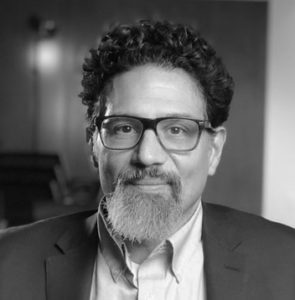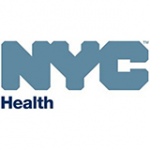The Ryan White HIV/AIDS Program is an essential platform for reducing health disparities among people with HIV (PWH) and scaling up evidence-based strategies to strengthen the HIV care continuum. Our implementation-science study based in New York Ryan White Part A (RWPA) programs will inform the delivery of long-acting injectable (LAI) antiretroviral therapy (ART) and related supportive services to low- income, largely Black and Latino/a PWH who have struggled with daily oral ART adherence. As a major biomedical advance de-necessitating adherence to daily dosing, LAI ART could greatly increase opportunities for health, survival and transmission prevention, particularly in populations confronting complex barriers to viral load suppression.
The project aims to:
- Elicit perceptions, barriers/facilitators and expectations of LAI versus daily oral ART delivery options, in six focus groups of RWPA medical case management (MCM) patients, core staff and prescribing providers;
- Quantify preferences and drivers of engagement in ART delivery and support strategies, including options for LAI and daily oral ART, via discrete choice experiments (DCEs) with 200 patients and 200 providers; and
- Select and pilot strategies to promote LAI ART uptake, adherence and impact in real-world care settings. Timely formative work on patient and provider perceptions and preferences will be essential to a successful, equitable rollout of LAI ART.
In its focus on long-acting injectable (LAI) antiretroviral therapy (ART) delivery in the low-income Ryan White patient population, this project addresses the Ending the HIV Epidemic ‘Treatment’ pillar and NIH’s priorities for reducing health disparities and for implementation research on “the next generation of HIV therapies.” LAI ART is a scientific advance with potential to close gaps between retention and viral suppression (VS) and increase heath equity, but realizing that potential will depend on reaching those who have been failed by current ART regimens. The proposed study will yield insights and field-tested strategies to optimize the public health impact of LAI ART.







